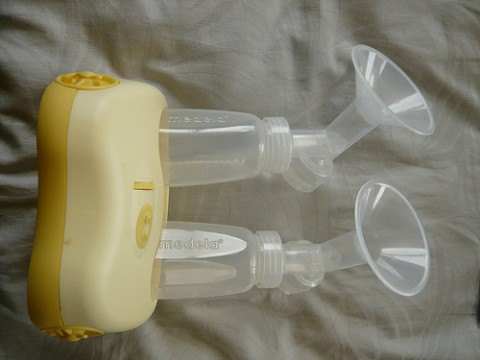Flickr.com "planet_oleary" photostream
For moms unable to breastfeed their critically-ill babies, there are breast milk banks that provide donated breast milk. Being a donor is a relatively easy and fulfilling way to help sick babies with nutritionally-rich formula and milk. Before you donate, here’s what you need to know about the process and the requirements.

Enough to donate?
First, make sure you are either finished breastfeeding or you have more than enough milk for your own child. Feeding your child should be your first priority, of course. You can donate either freshly expressed or frozen milk, as long as it has been frozen for less than ten months from the time it was initially expressed. Most banks have a minimum amount that can be donated, usually somewhere around 100 ounces.
Pre-screen
Before sending the milk for donation, you must participate in a health and medical screening, similar to when you donate blood. Some banks also require a cheek swab for a DNA sample be submitted as well. By comparing the DNA of the swab to the DNA of the milk they receive, the bank can be assured that the milk they receive is from the same woman who went through the medical screening. This is critical, as the milk is intended for very sick babies.